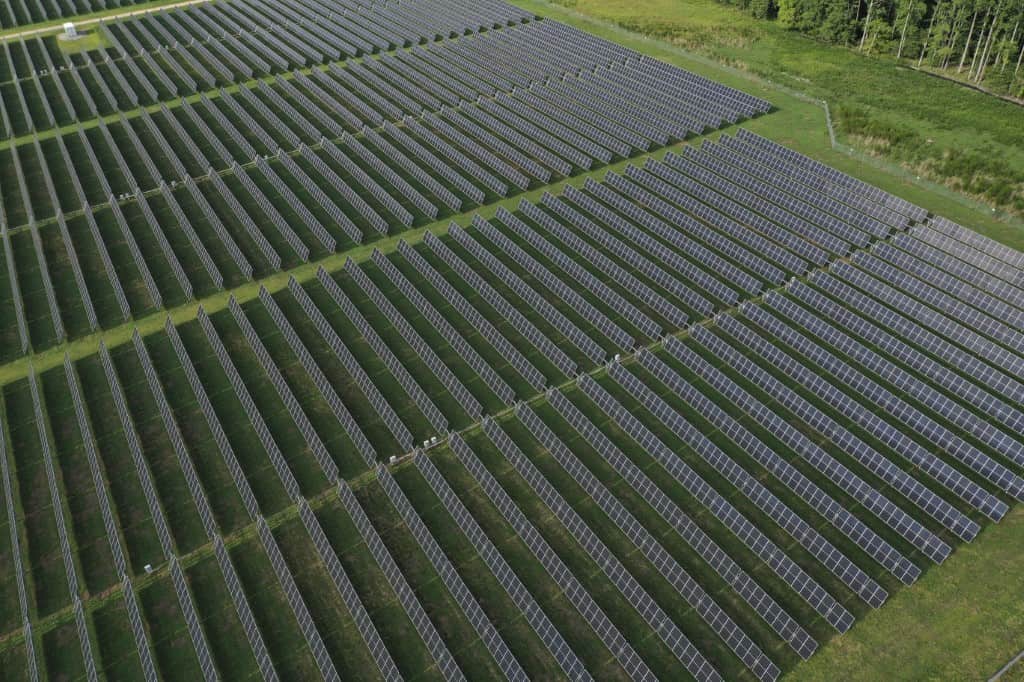Qatar on Tuesday announced two major solar projects that will more than double its energy output from the renewable source within two years.
Energy Minister Saad Sherida al-Kaabi hailed the new development as a major step in efforts to “increase the reliance on high-efficiency renewal energy” in the Gulf state, which is one of the world’s biggest liquefied natural gas producers.
The new plants at Mesaieed and Ras Laffan will take Qatar’s solar output to 1.67 gigawatts by the end of 2024, Qatar Energy said in a statement.
Mesaieed and Ras Laffan are key bases for Qatar’s natural gas production, which is also undergoing major expansion.
South Korean conglomerate Samsung will lead construction of the new solar plants, with an initial investment of more than $600 million, the statement said.
While lagging behind other Gulf states in the solar race, Qatar has announced a target of five gigawatts of solar energy capacity by 2035.
Last month it plugged the 800 megawatt Al-Kharsaah solar farm into its national energy grid, according to industry sources.
Al-Kharsaah is expected to be fully operational before the start of the World Cup football tournament on November 20.
Organizers have used the huge solar plant west of Doha to back claims that Qatar will host the first “net zero” World Cup — where greenhouse gas emissions are compensated by renewable energy sources.
Desert sand and dust on the two million photo voltaic cells at Al-Kharsaah are cleaned each day by robots, and Qatar Energy said the same system would be used at the two new farms.








